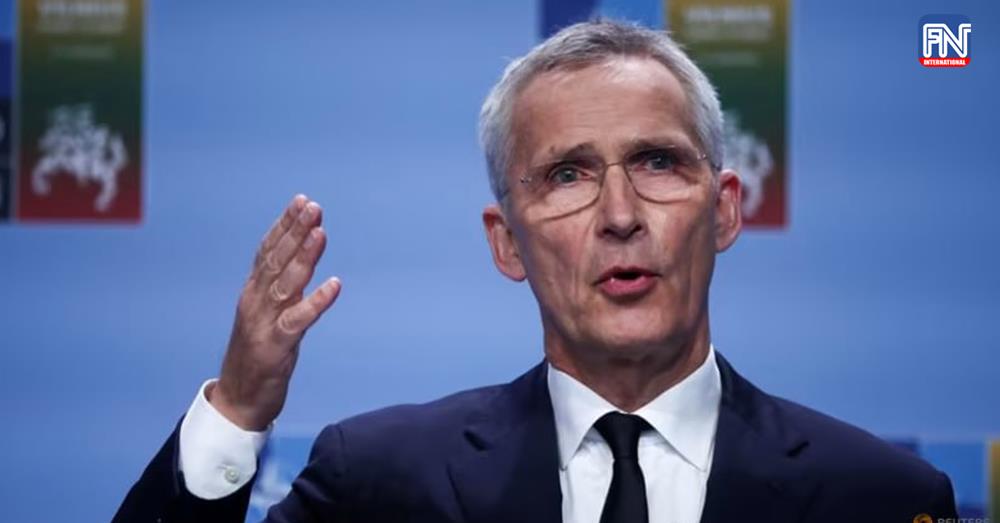VILNIUS, July 12 (Reuters) - NATO leaders sent mixed signals at their summit on Wednesday (Jul 12) on a possible plan to open an office in Japan, which has been blocked by France and criticised by China.
Asked about the plan at a press conference at the end of the summit in Vilnius, French President Emmanuel Macron said NATO should keep its focus firmly on the North Atlantic region.
But NATO Secretary General Jens Stoltenberg said the idea of a liaison office in Tokyo was still up for discussion.
Alarmed by China's growing military power, the United States has pushed for the transatlantic alliance to share expertise and build ties with Asian countries such as Japan, South Korea, Australia and New Zealand.
NATO officials have said the proposed Japan office would be small, with a staff of only a few people focused on building partnerships, and would not be a military base.
Macron said he agreed that NATO should have partners with other regions "with whom we manage major security issues in the Indo-Pacific, Africa and also the Middle East".
"But - and perhaps I'm a little bit simplistic - but it remains an organization of the North Atlantic Treaty," Macron said, referring to NATO's founding document.
"Whatever one says, geography is stubborn: the Indo-Pacific isn't the North Atlantic," Macron added.
"I think we made the right decision to stick to a close partnership, coordination and strategic intimacy but not wanting to expand the areas of conflict because it's not the right time and it's not why we're here."
China said in May that a NATO office in Japan would not be welcomed in the Asia-Pacific region.
However, Stoltenberg made clear at a separate press conference that the idea was still up for discussion.
"The issue of the liaison office is still on the table, it will be considered in the future," he said.
Stoltenberg and Japan's Prime Minister Fumio Kishida sealed a new partnership programme at the summit. NATO has also concluded similar arrangements with South Korea, Australia and New Zealand.
Kishida said he looked forward to furthering cooperation in new areas including cyber-security, and hoped to deepen cooperation with NATO as it increases its engagement with the Indo-Pacific.
Stoltenberg said NATO was concerned with China's heavy military buildup and its expansion of nuclear forces.
He stressed that NATO's role in the region was not about becoming a global military alliance but said that developments in the Indo-Pacific had an impact in Europe.
"Security is not regional, security is global," he said at his closing press conference.
"We see how China is coming closer to us. This is not about NATO becoming a global military alliance. But this is about recognising that this region faces global challenges and the rise of China is a part of that."
